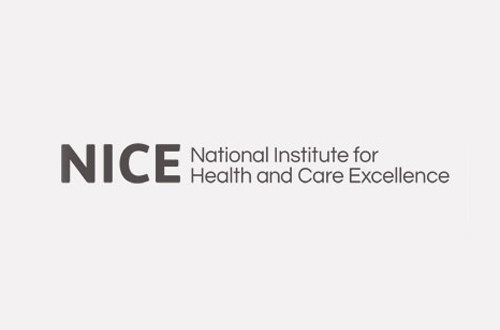
Senior figures at NICE have said there is still no clear idea of what drug reimbursement in England and Wales will look like from 2014 despite the organisation holding primary responsibility for assessing medicine value.
NICE’s chief executive Sir Andrew Dillon made the remarks at an event to announce the evolving role of the body from the National Institute for Health and Clinical Excellence to the National Institute for Health and Care Excellence.
In this new role, NICE will change from a strategic health authority to a non-departmental government body and will have its remit updated to incorporate social care guidelines into its existing responsibilities to provide healthcare guidelines and assess whether a new drug or technology is a cost-effective use of NHS resources.
More changes are set to be introduced on January 2014 when a system of value-based pricing (VBP) for new medicines is set to replace the current Pharmaceutical Price Regulation Scheme (PPRS) in order to obtain a more holistic picture of the benefit a new drug can bring.
The Department of Health is still to provide further information on how VBP will work in practice, however, potentially leaving little time for NICE to understand and implement the new system ahead of the switch over next year.
“I don’t know very much more than what is in the public domain and the statements that have been made by the Department of Health (DH), the latest of which said that NICE will play a significant role in VBP,” said Sir Andrew.
“If it’s a radically different system, then whoever is involved in it is going to have to move very quickly. If it’s more of an evolution of the current arrangement, then it may be easier to see how 2014 is a more realistic prospect.”
Despite the pressing need for information, Sir Andrew was also keen that whatever system was in place by 2014 was a suitable one.
“Those ministers [involved in VBP discussions] are themselves very conscious of the need to move quickly but equally they want to make sure that when they announce what VBP is, they are confident they have got an arrangement in place that is going to be an incremental improvement on what exists at the moment.
“I’d rather they took the time they need to make sure that that’s the case.”
Professor Gillian Leng, deputy chief executive and director of health and social care at NICE, said that despite work into potential VBP methodologies being carried out by the University of York among other institutes, time constraints may mean a “limited roll-out” of VBP is the likely option come January 2014.
“It looks like that might be the logical way forward,” she said.
Until further details emerge of what will constitute VBP, the full impact of the change will remain unknown, with Prof Leng unable to provide details on what the introduction of the system will mean for NICE as a reference body for health technology assessment (HTA) bodies in other countries.
Similarly, details of what will happen to medicines funded by the Cancer Drugs Fund – a fund set up to pay for drugs not approved by NICE – are still to be determined for when it closes in 2014, although Prof Leng said that these medicines are likely to fall under the remit of the specialist commissioning resources of the NHS Commissioning Board.




